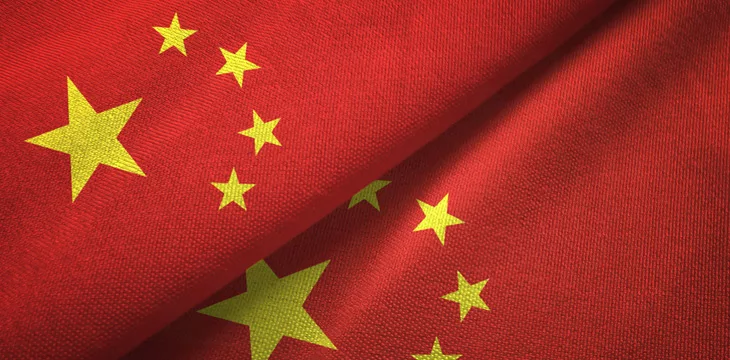|
Getting your Trinity Audio player ready...
|
Nearly three years after the blanket ban on digital currencies, Chinese authorities have dug their heels into the metaverse and its use cases, forming a working group to drive industry growth and standardization.
The Ministry of Industry and Information Technology (MIIT) announced that the new metaverse working group would be composed of government agencies, academia, and blockchain technology service providers.
The group comprises several Chinese tech giants, including Huawei, Tencent, NetEase, and Ant Group. Other key players include Baidu and Sense Time, with engineering and ethics experts from leading Chinese universities bolstering the ranks of the working group.
To ensure full compliance with extant rules, Chinese regulators have been onboarded to comment on the composition of the working group. The public consultation is expected to run until mid-February amid speculation that the MIIT may allow more firms to join the working group.
A key focus for the newly minted working group is the creation of uniform standards for the metaverse among industry stakeholders. In the absence of standard ground rules,
metaverse development in China faces many problems, including interoperability and globalization issues, standing in the way of growth.
The working group will pursue the definition of key metaverse terms and principles for stakeholders to abide by, which the MIIT says will “reduce redundant investment costs” and drive industrial development.
“The intense speculation fueled by some capital and businesses leveraging the popularity of the metaverse has led to the concept drifting far from its practical value,” the MIIT said. “This, to a certain extent, hinders the development of the metaverse industry.”
Other jurisdictions looking to be key global players have attempted to achieve metaverse standardization. In 2023, South Korea’s Ministry of Science rolled out ethical principles for the metaverse, focusing on autonomy, privacy, inclusiveness, fairness, and authenticity.
Mainland China’s approach to metaverse
Several Chinese cities have since unveiled their metaverse strategy documents, seeking to increase the valuations of the local industry and attract global service providers to set up shop in their regions.
Shandong province is eyeing a $20 billion metaverse valuation by 2025, while Shanghai expects similar returns in the coming years for its investment. Nanjing and Sichuan are also angling for metaverse dominance in China, forcing national authorities to intensify the push for uniform standards.
Previous attempts at metaverse standardization in China have not garnered significant steam, with China Mobile failing to move the needle for the sector. In late 2023, Chinese authorities unveiled a three-year action plan to incorporate the metaverse in several sectors of the economy to keep pace with rapid global digitization.
Watch: BSV Blockchain in China

 07-09-2025
07-09-2025 





